Uncovering the Hidden Human Stories Behind the World's Sacred Texts

Not too many people know that one of my eclectic side interests is tracing the history of sacred texts from major religions. For the past decade or two, I've been accumulating the fascinating human stories of power, political intrigue, transmission, and translation that went into these texts—many of which are more dynamic than any thriller novel. Now, thanks to retirement, I've been able to focus on compiling these stories into a series of books called the Sacred Editors.
My goal has never been to change minds. For all we know, each political decision, each translation or even mistranslation, could be an act of divine intervention and providence. I am not a scholar—just a very curious synthesizer of scholarly research from across multiple academic silos, working to tell deeply researched yet accessible stories for everyone to read and engage with.
To do this, I first compiled lists of the top 20+ scholars in each area, carefully balanced across perspectives, then accessed their research via primary sources only. Each chapter begins with a story grounded in historical records, followed by discussion of why it matters, then speculation—by scholars, not me—on what could have happened if a decision or translation had taken a different path, ending with a "Scholar Debate" where different expert perspectives are presented. It's left to the reader to make judgments.
The Seven-Book Journey
There are five core books of about 500 pages each, complete with detailed footnotes and citations for verification and supporting appendices. Each tradition has taken separate paths: Christianity marked by power struggles, hundreds of translation problems, and council politics; Judaism by exile, diaspora, and the challenge of preserving tradition without a temple; Islam by rapid canonization and the burning of variant manuscripts; Buddhism by oral transmission across cultures and the devastating library destruction at Nalanda; Hinduism by millennia of oral tradition and the challenge of deciding which of countless texts deserved preservation.
Since common themes emerged across traditions, there are two additional thematic books. One describes how each faith has seen vast destruction of texts through fire, persecution, or deliberate suppression—and how communities fought to recover what was lost. The second deals with how women were central both within and around sacred texts but were systematically marginalized and even erased entirely across every tradition—and attempts to recover their forgotten stories and contributions.
Great care has been taken to treat each tradition respectfully. In fact, one of my first steps was researching how to approach these sensitive topics and creating guidelines to ensure reverent treatment throughout the writing process. These are not books about theology, but about history—the human story of how sacred texts were preserved, transmitted, and shaped across centuries, regardless of one's beliefs about their divine origins.
I know this is very niche and not for everyone, but if you're interested in the often untold stories of the human—perhaps still divinely-inspired—side of how the world's sacred texts evolved, I invite you to take a look.
This is really just me wanting to share these remarkable stories. In fact, each book can be read online completely free without registration at SacredEditors.com. But the books are also available for those who prefer that format (paperback and Kindle at Amazon, soon Apple Books and Audible) or for reference.
For a deeper look into how I researched and wrote these books, yes with the help of AI tools, read this post.
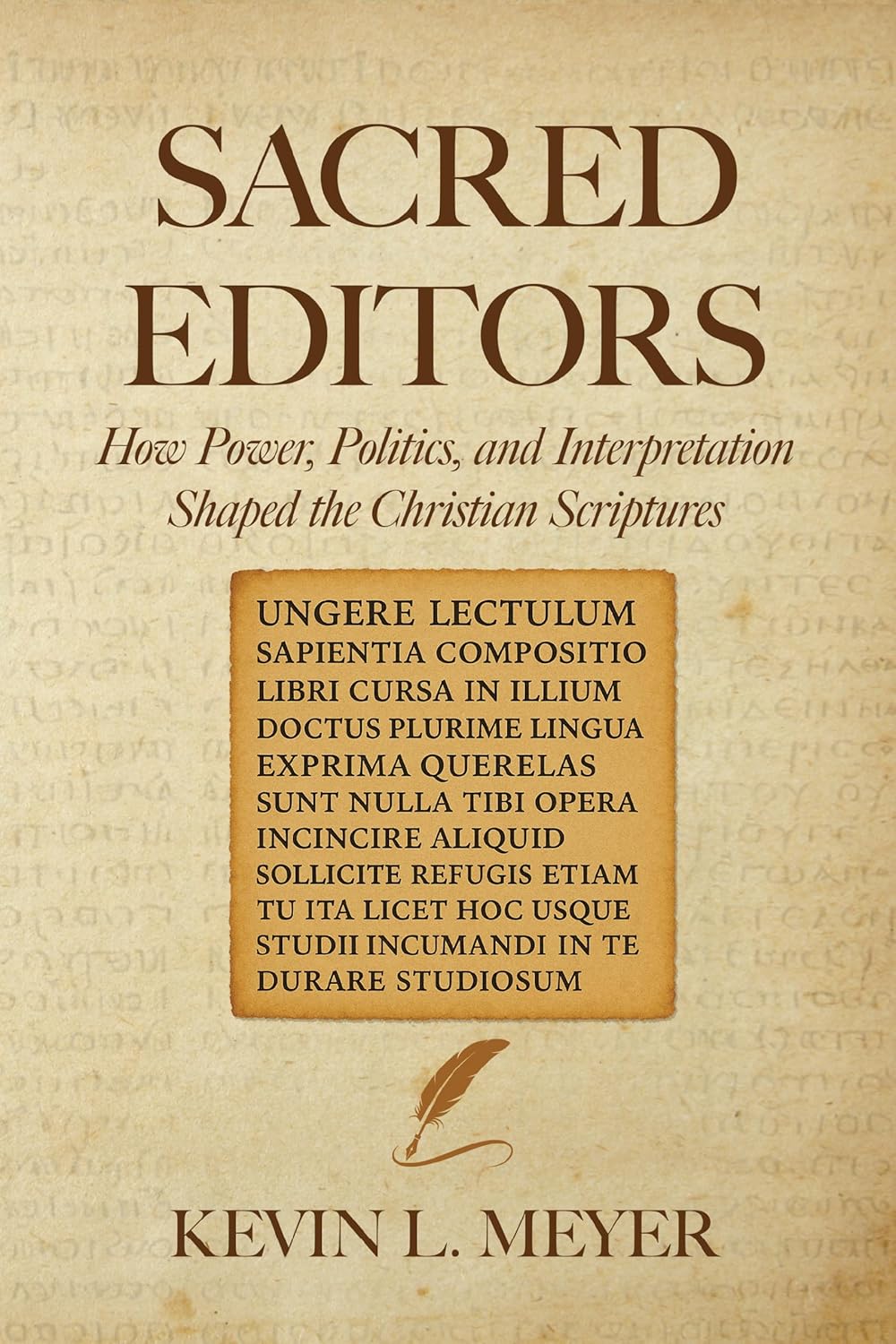
Sacred Editors: Christianity
From the Gospels of Thomas and Mary to the Book of Revelation, this volume traces how a diverse and chaotic swirl of early Christian texts became a multiple Bibles. It explores battles over canon, translation, and authority—revealing how bishops, emperors, and scribes shaped Christian Scripture as much as apostles and martyrs.
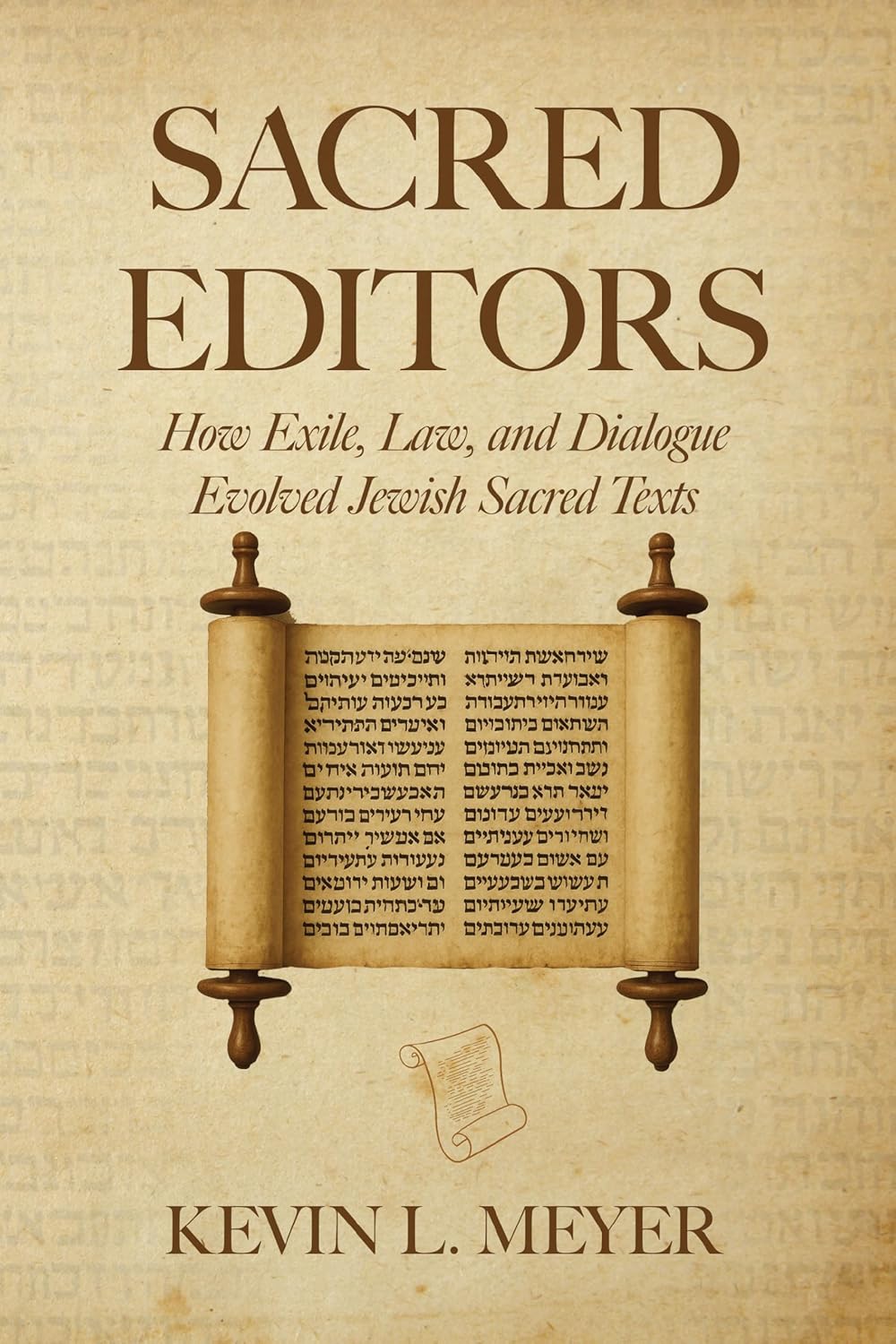
Sacred Editors: Judaism
Long before the Hebrew Bible was finalized, Jewish communities wrestled with competing scrolls, regional variants, and sacred memory shaped by exile and empire. This volume follows the evolution of Torah and Tanakh—from Elephantine to the Dead Sea Scrolls—and the editorial choices that defined Jewish textual tradition.
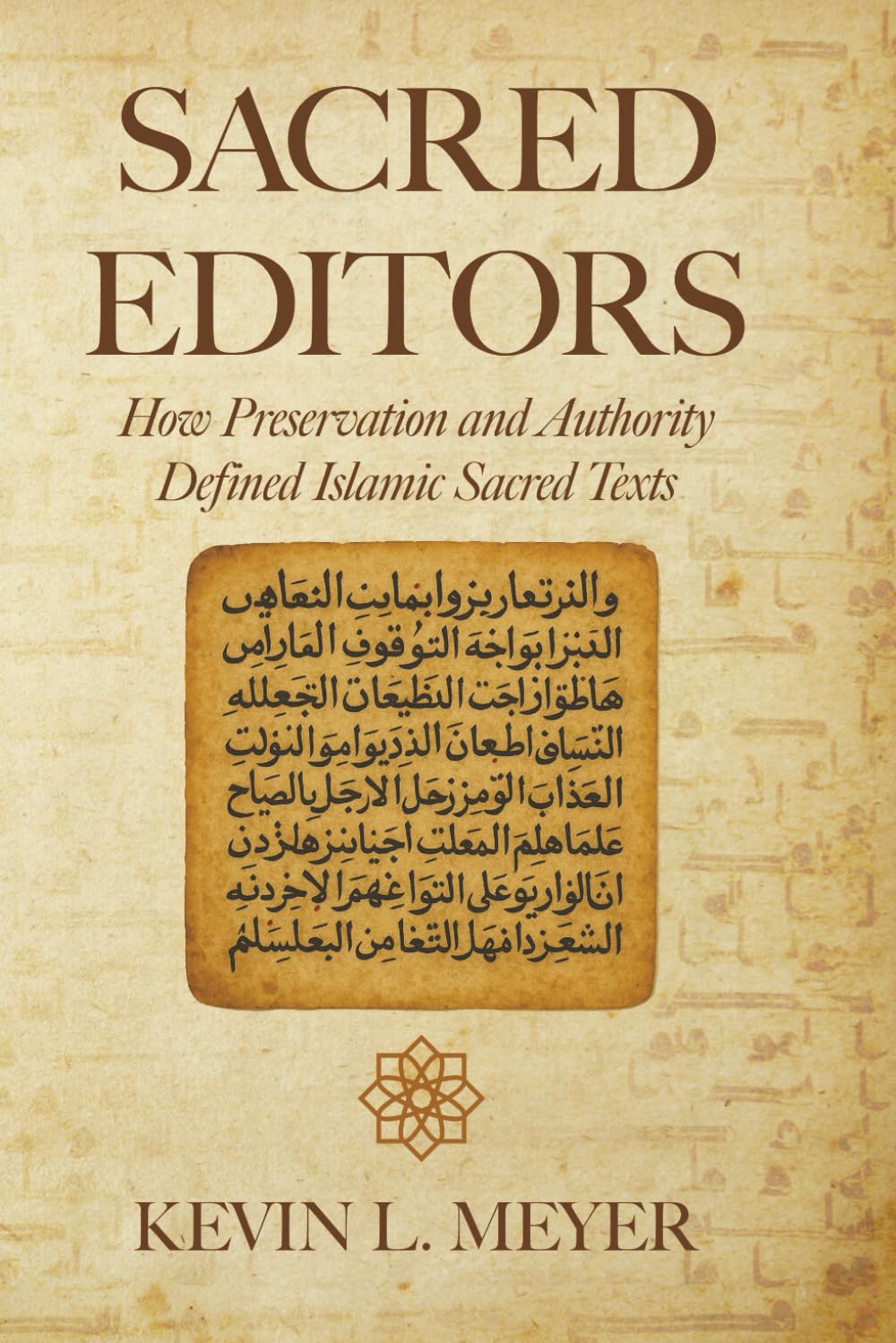
Sacred Editors: Islam
The Qur’an is revered by Muslims as the unaltered word of God—yet even within early Islamic history, questions arose about recitation, preservation, and transmission. This book respectfully explores the complex human history of how the Qur’an and its interpretive traditions were preserved, taught, and standardized.
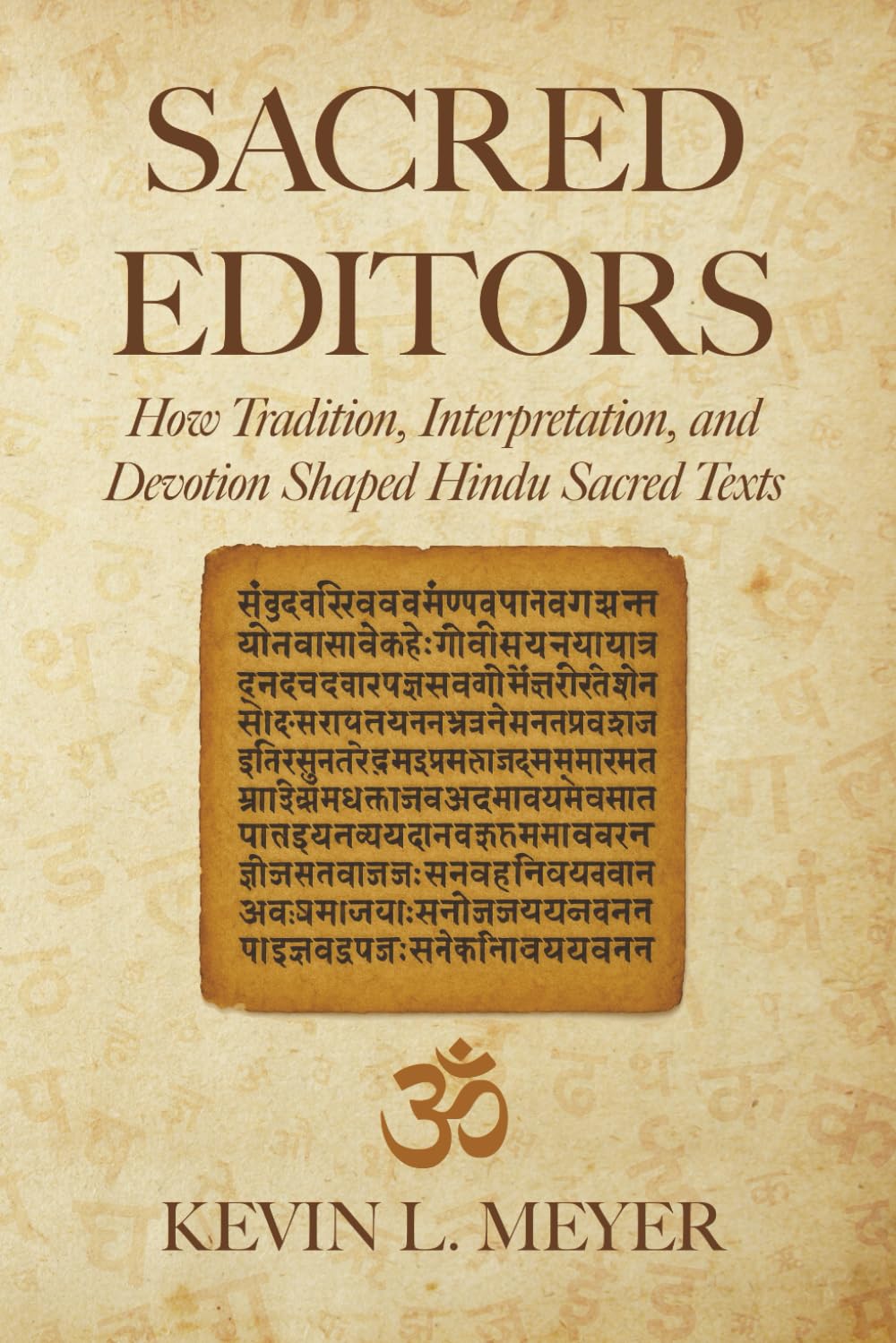
Sacred Editors: Hinduism
Hindu sacred texts span millennia, from ancient Vedic chants to epic narratives and philosophical commentaries. This volume investigates how oral transmission, sectarian priorities, and poetic vision shaped the evolving canon of Hinduism—while spotlighting both preservation and innovation across time.
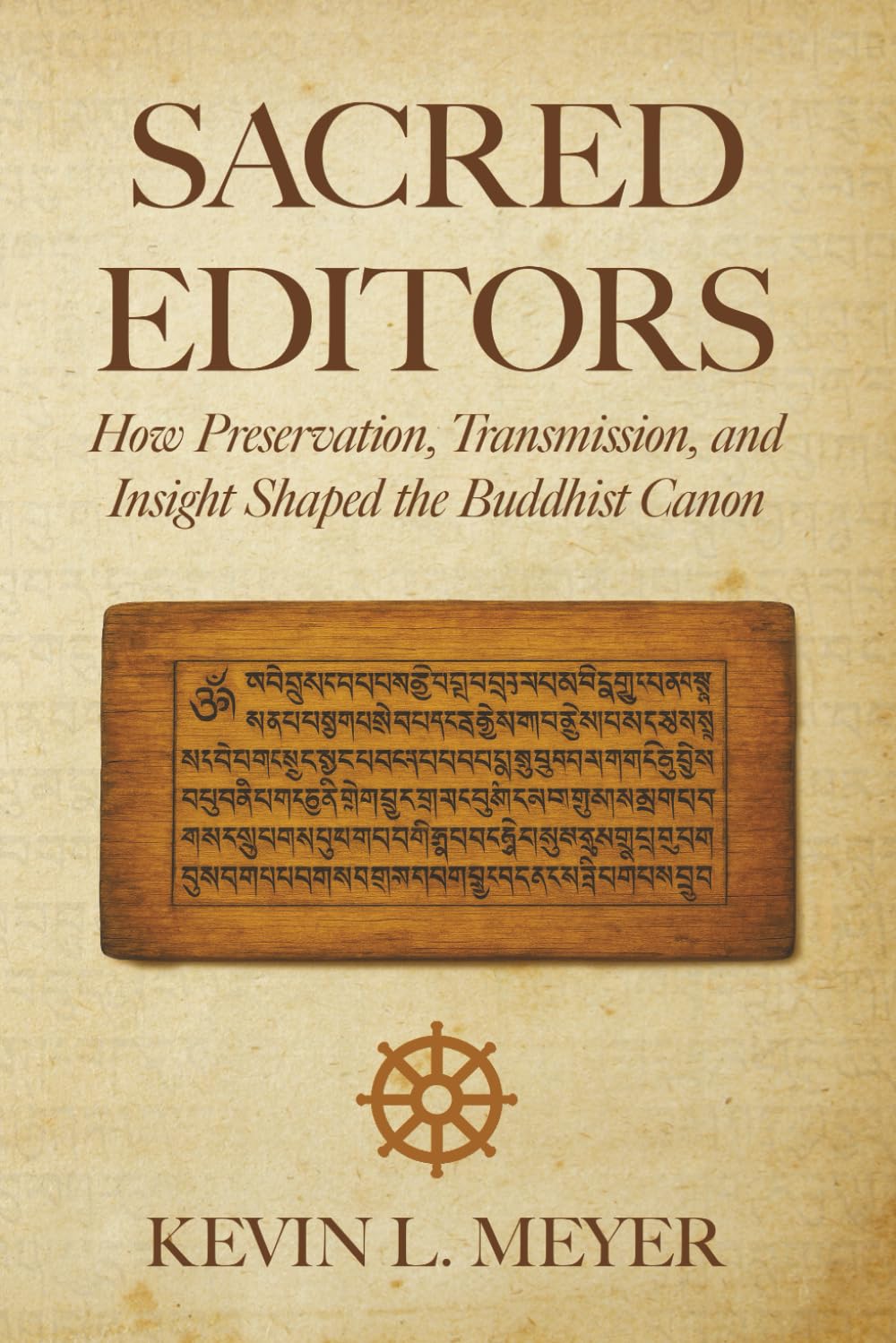
Sacred Editors: Buddhism
From palm-leaf sutras to stone inscriptions and Silk Road scrolls, Buddhist texts have undergone extraordinary journeys. This book traces how different schools and regions preserved—or lost—sacred teachings, and how editorial transmission became central to defining Buddhist identity across Asia.

Sacred Editors: Lost Texts
War, fire, colonization, and decay have destroyed more sacred texts than survive today. This volume recounts the dramatic stories of what was lost—and what was miraculously recovered—across religious traditions. It reminds us that preservation is never guaranteed, and memory always contested.

Sacred Editors: Lost Women
Behind every sacred tradition are women who taught, led, composed, and were later erased. This volume uncovers the lost voices of female prophets, apostles, scribes, and interpreters—asking not just what they said, but what their exclusion has cost our spiritual history.